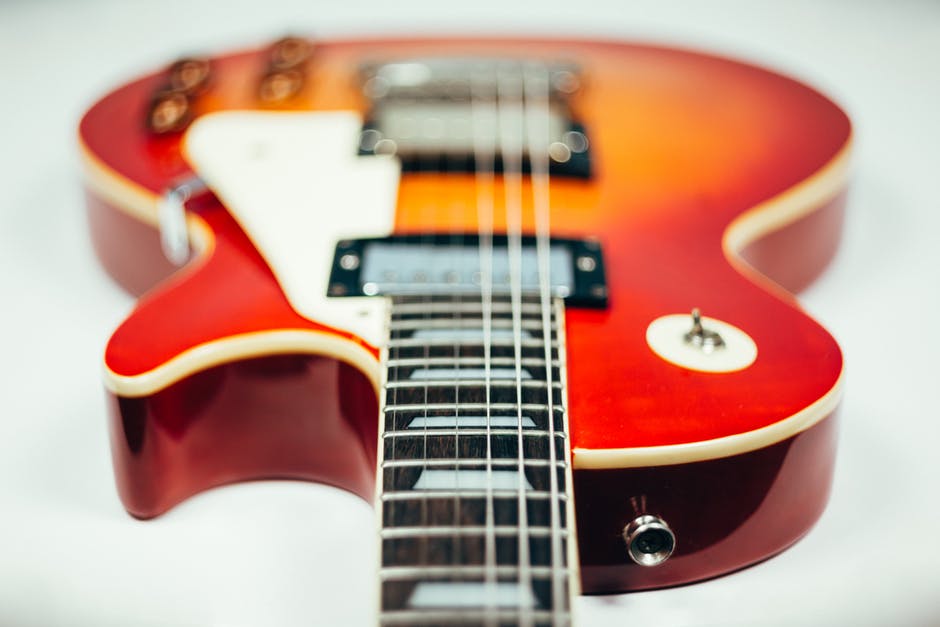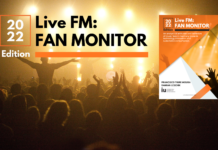Recently the music industry was shaken by some pretty sad news: Gibson, the iconic guitar manufacturer has filed for bankruptcy.
The news came as an immense surprise for multiple reasons, but the main one was: Gibson has been a global guitar manufacturer for over 100 years. It has gone through generations, became iconic due to its presence in important moments in history and was held by incredibly talented musicians.
Throughout the years, Gibson guitars became symbols of attitude, charisma, creativity and many other important adjectives. It was held by extremely talented musicians such as Slash (Guns n’ Roses), which became a brand ambassador, Chuck Berry, Eric Clapton, Bob Dylan, The Edge and many more.
There were strong criticisms to the company’s global strategy and management as causes for its difficult situation. However, despite the criticism to the company’s management, I would like to focus on another aspect which may have contributed to the situation:
The generational change in consumer interest.
What’s The problem With Guitars?
Guitars have been for over 100 years a product that allows self-expression, creativity outputs and composition. It contributed to as a status symbol and self-image expression.
But for the average consumer or player, guitars were and still are simply a way to have fun.

So what is the problem with that?
- Number of Entertainment Options Available
- Consumers in general and millennials, in specific, have many other options available for the same purpose: entertainment. Smartphones, Internet use and video-game consoles are simply one of the options through which users have have a great of fun by developing activities which can produce great deals of pleasurable neurotransmitters, such as dopamine. They are literally “plug and play”.
And what is the issue with guitars? With a musical instrument, the fun will only truly be achieved after one can actually master playing it and it requires time.
2. Cognitive Effort Required For Learning
- Musical instruments can be extremely exciting, once someone actually knows how to play it. But the learning process is a frustrating one it requires much cognitive effort needed to understand it and improve. You must expect that during someone’s free time, he/she will employ a great deal of commitment to figure out how the instrument works, memorize chords of songs and develop the ability to sing and play at the same time, for example.
Meanwhile, the other entertainment options described before such as Internet use and gaming, requires much less effort and can provide a much more immediate reward in short time.
3. The Generational Sense of Immediacy
- Consumers in general, but especially millennials have developed a great sense of immediacy. New services such of food delivery, online shopping and music and video streaming have led us to believe we can have anything we want immediately. So we have gotten used to immediate reward. Anything else that takes slightly longer, makes us quickly impatient.
And impatience is certainly a strong barrier against guitars. One needs at least 4-6 months of sore fingers and frustrating sounds to develop basic skills and be able to play decently. And one or two weeks of slow learning can be enough for consumers to shift to another product that gives them a greater sense of immediate success.
4. Guitars Are Not as Iconic as They Once Were
- Especially starting in the 60’s, guitars became the symbol of a generation. They represented power, freedom, masculinity, skill, attitude and much more. Decades have gone by since then, computers have developed and so has the electronic music scene. Consequence? The majority of artists on the Top 100 do not play guitar. In fact, many do not even play any other instrument.
With the internet and the development of social media, the self-representation of musicians is now much more related to lifestyle and branding rather than the skill of playing an instrument. The image of someone holding a guitar on stage is simply not as iconic as it once was. Consequently, fans no longer have the desire of following such behaviors, but to follow the lifestyle that is portrayed by the artists on and off stage.

Direct and Indirect Competition
In my opinion one strong factor that impacts the industry music is the indirect competition that musical instrument producers are facing. And what exactly is it?
Let me explain the concepts:
- Direct Competition: Represents the competition between products that battle for the same consumer group by delivering the exact same type of product to fulfill the same need.
- For example: if a teenager wishes to play guitar, he or she may opt for an instrument from Gibson, Fender, Ortega and many other brands that also produce guitars. this represents a direct competition.
- For example: if a teenager wishes to play guitar, he or she may opt for an instrument from Gibson, Fender, Ortega and many other brands that also produce guitars. this represents a direct competition.
- Indirect Competition: Represents the competition between brands that battle for the same consumer group by delivering different product types in order to fulfill the same or a different need.
- For example: Assume a teenager simply wish to be entertained. He or she may achieve the goal by purchasing a Gibson guitar and playing it or also by buying an Xbox console and playing it.
I was 10 years old in 1991 when I lived in the US for the first time. During that time, Michael Jordan was pretty much the president of the country. With incredible performances on court while playing for the Chicago Bulls, he was certainly the center of attention for millions of Americans and specially teenagers. And, during that time, the Air Jordan shoes endorsed by Jordan were the greatest material desire for many teenagers.
Since then, shoe companies continue to sell incredibly high number of sneakers, however product involvement cannot be compared to the nineties. Now the interest of consumers has shifted drastically to another product category: electronics.
And this is exactly where the problem lies.
Musical instruments now face an incredible indirect competition with other options that provide fast entertainment return with little input needed to perform it. Furthermore, it enables players to connect with others online and share content on social media. This combination makes it truly appealing for a teenager audience, for example.
And in this regard, there is little that musical instruments can do.
Final Thoughts
For me personally, as a music enthusiast and someone passionate for guitars, it is simply a sad scenario.Gibson guitars are true works or art: beautiful, incredible sounds and perfect overall quality.
But despite being extraordinary products, currently it is difficult to envision a different reality and I believe the future looks challenging for musical instrument producers.
It is no coincidence that even many music stores have closed.
The lack of social recognition for the ability to play instruments, greater general interest in genres such as electronic music (where no instrument is played), many other indirect competitors and consumers desire for immediacy creates many challenges.
Personally, I believe the industry must act collaboratively in order to re-position musical instruments in consumers’ minds as a more appealing product. And how could this be achieved?
- Product placements in multi-context scenarios
- Celebrity endorsement to enhance product appeal
- Cross-industry synergy to enable reaching multi-target groups
- Viral campaigns through gamification strategies
- Co-creation of value and image on and offline with consumers
These are simply a few ideas that can and should be immediately implemented. Meanwhile, I hope to see a resurgence of Gibson and all guitar producers.
But the world is changing extremely fast and so is the general consumer interest.
Thanks and Enjoy Life!





